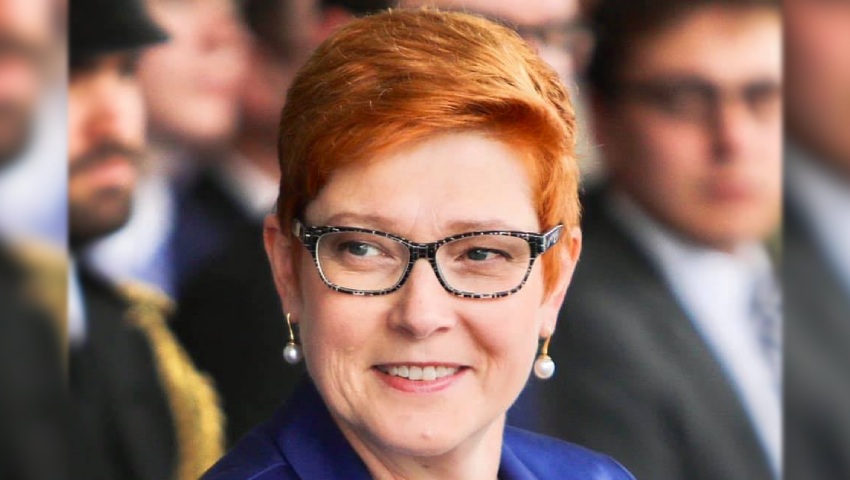Foreign ministers from Australia, India, Japan and the US have met in Melbourne to discuss shared defence and security challenges.
To continue reading the rest of this article, please log in.
Create free account to get unlimited news articles and more!
Minister for Foreign Affairs Marise Payne has hosted Indian Minister of External Affairs Dr S. Jaishankar, Japanese Minister for Foreign Affairs Hayashi Yoshimasa, and US Secretary of State Antony Blinken for the third in-person Quad Foreign Ministers meeting.
The ministers met in Melbourne on Friday (11 February) to discuss joint efforts across a number of issues, including cyber and critical technology, countering disinformation, counterterrorism, maritime security, humanitarian and disaster response, and climate change.
The Quad counterparts reiterated support for ASEAN centrality in the region, endorsing the implementation of ASEAN’s Outlook on the Indo-Pacific.
In an address ahead of her meeting with Secretary Blinken, Minister Payne affirmed the nations’ shared commitment to preserving peace and stability amid tensions in Indo-Pacific and along the Russia-Ukraine border.
Minister Payne and Secretary Blinken also discussed the AUKUS partnership between Australia, the United Kingdom, and the United States and the potential for further technology-sharing beyond the nuclear-powered submarine program.
Other opportunities reportedly discussed include the sharing of artificial intelligence, quantum computing, and cyber technologies.
Further, the counterparts addressed the growing threat posed by authoritarian regimes, with Minister Payne making particular reference to China and North Korea in her opening address.
Minister Payne also commended the US’ “extraordinary efforts” managing Russia and the “destabilising effect it is having on security and stability on the Ukraine border and more broadly”.
Secretary Blinken welcomed the opportunity to engage with Indo-Pacific counterparts.
“We know that we are stronger and more effective working together to meet these challenges, whether it’s COVID, whether it’s climate, whether it’s emerging technologies, whether it’s the challenge posed by autocratic regimes to the order that we’ve worked so hard to establish together – indeed have been side by side for many, many years in doing that,” he said.
“We know with respect to the United States that we simply can’t do it without partnerships, and Australia for us is right at the top of the list of partnerships that we’ve been working to strengthen, to invigorate, and to carry forward in all the ways that you said.”
[Related: Exercise Cope North 22 in full swing]

 Login
Login







